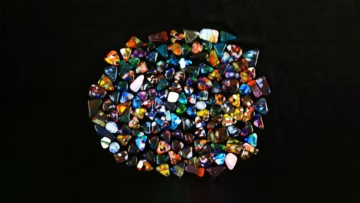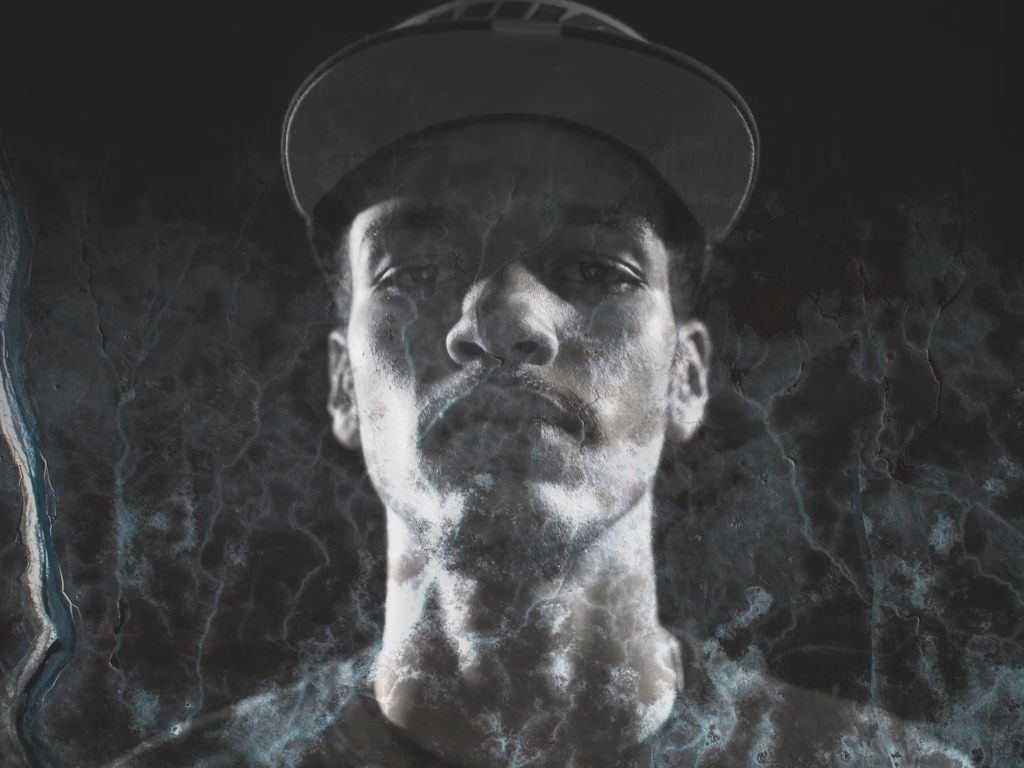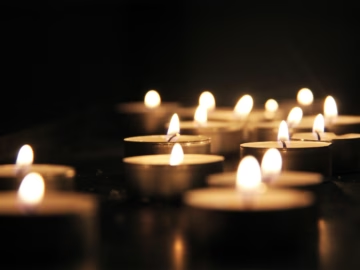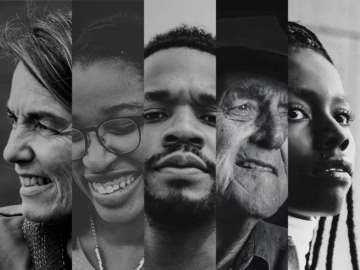
In light of the increasing awareness of racism in this country, BIC U.S. pastor John Walker shares about the insidiousness of racial prejudice.
I like tomatoes. This year, however, I put in only one plant. I placed it in one of the older gardens next to the fence thinking it would be unobtrusive, and the flowers and shrubs would outshine it. It wouldn’t really be noticed in such majestic company.
Several days (weeks) of rain later, the plant stood over 6 feet tall! I had to add another thick bamboo pole to support it, and I may soon have to add a third.
So much for unobtrusive!
At last count, it had 14 tomatoes growing on it, and I was doing the happy dance. Let me tell you, doing the happy dance in Crocs on mulch is not easy. I love fresh tomatoes!
Sometime around the middle of last week, I noticed that some of the leaves on my giant tomato plant had large brown spots on them and were turning yellow. A few had dropped off. I regularly check my plants for signs of cutworms, hornworms, spider mites, that sort of thing and had seen no trace of any of them.
So, I did some reading.
The next day I went out and even more of the leaves were turning yellow and brown. This time, I recognized what I was seeing. Early blight. Early blight is a kind of fungus called Alternaria solani.
Once in the soil, it can be hard to get rid of. It survives the cold winters, and if you plant in the same spot next year, it will attack the new plants. It gets splashed up onto the plant with rain and watering and enters the plant through cuts and tears made by insects and animals or at the joint of the stem. If it gets into the stem itself, it can quickly infect the whole plant. In the case of my plant, I got a fungicide and vigorously sprayed the whole plant and the soil around the base. I hope I was in time to save the plant and keep my tomatoes coming. Time will tell.
Racial prejudice is like the fungus infecting my tomatoes. It’s hard to get rid of. If left unchecked, it will affect the entire person and reduce the amount of fruit. It’s an ugly thing, making that formerly beautiful person look sick and dead. Like fungus, the racial prejudice of others can splash up on us through regular contact.
It may only infect us a little at first, so little that we don’t notice. Soon, though, if left untreated, it spreads, and we find ourselves with a systemic infection affecting the whole person. You may continue not to notice it but others will.
It’s ugly.
Racial prejudice in a Christian is even uglier. The recent white supremacist protests in Charlottesville, Virginia, which resulted in the death of a young woman protesting the protestors, brought out an ugly side of America. Many of those who were involved in the violence and explicit racism claimed to be Christians.
That’s not Christianity as I understand and try to live it. That’s not what it means to follow Jesus, and it’s certainly not how I read my Bible.
The day after that terrible incident in Charlottesville, many came out of church around our town to find flyers by the Ku Klux Klan on their cars. They quoted Scripture (out of context and wrongly interpreted) to justify their views on the superiority of white people over others. They were blatantly trying to recruit Christians by using Scripture, hoping that some don’t really know their Bibles. My thanks to Tom Mowers and his sons for gathering up the ones left at our church and disposing of them.
Don’t be deceived by slick talk and the misuse of Scripture. As far as God is concerned, there is only one race, the human race.
All humans of every ethnicity were created in God’s image (Genesis 1:26-27), and when God sent his Son, he sent Jesus to the whole world (John 3:16) because his love is international in breadth. Jesus’ command to his disciples in Acts 1:8 compels us to share God’s love everywhere, with all people, even “to the ends of the earth.”
Nobody gets left out.
The cross of Christ tore walls down between people. To embrace hatred or prejudice toward another racial group is to disparage the work of Christ and put walls back up. Don’t believe it when groups like the KKK or other white supremacists or neo-Nazi groups try to put Jesus’ stamp of approval on it. That’s not the Jesus you know. That’s not the real Jesus.
Racism is sometimes subtle, sometimes blatant. It’s a fungus in all forms — a blight on your soul. If you embrace it as a Christian, it will make you ugly to the world and other Christians, destroy your witness for Christ, and make your spiritual fruit rot. The solution is to apply prayer and God’s Word, the Bible, liberally and aggressively to yourself. Get to know the real Jesus in a deep and meaningful way. You will thrive, and you’ll help others to thrive as well by sharing the love of Jesus. Oh, and get to know your neighbor too!
Originally published on John’s website Attempt Great Things.



